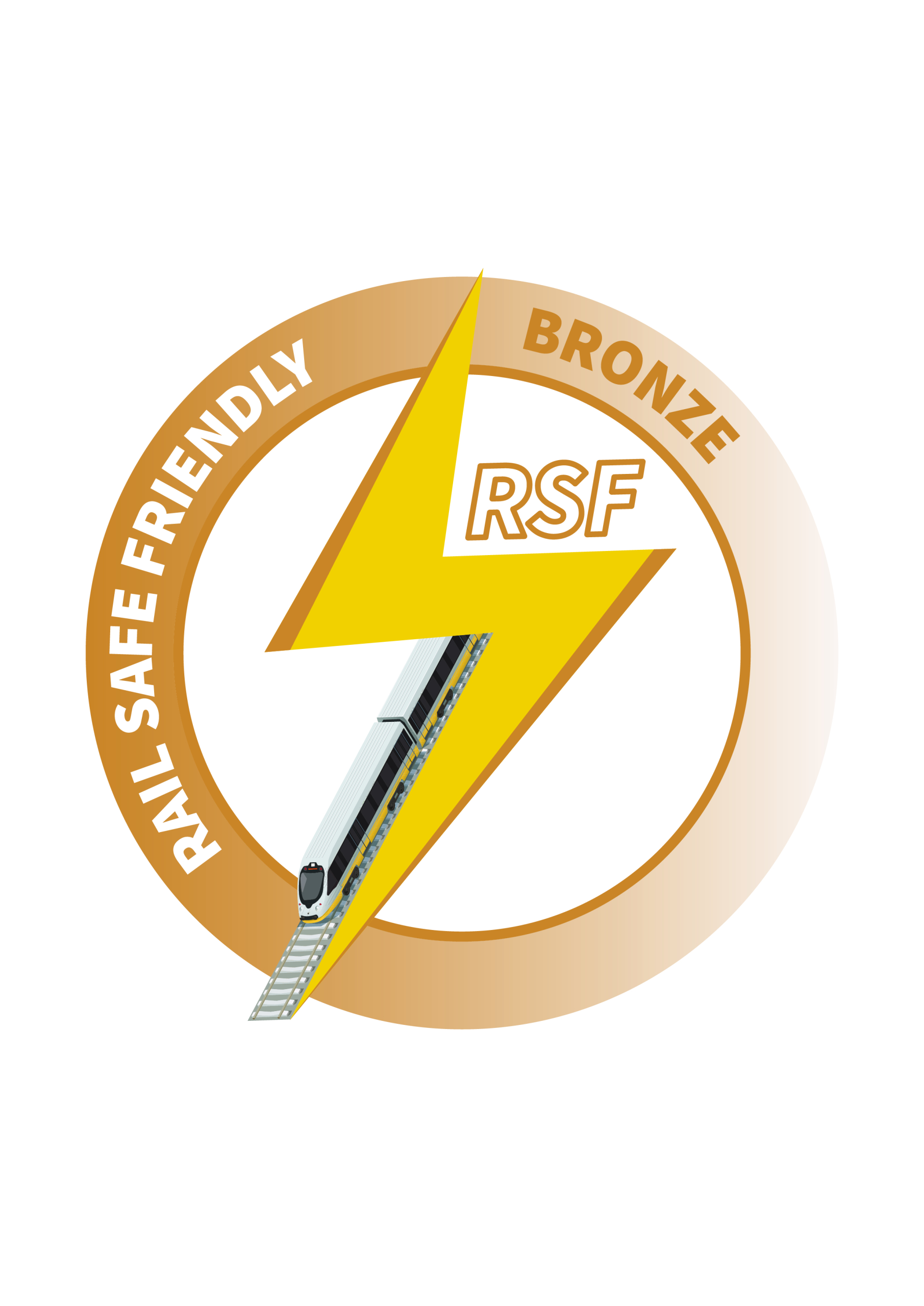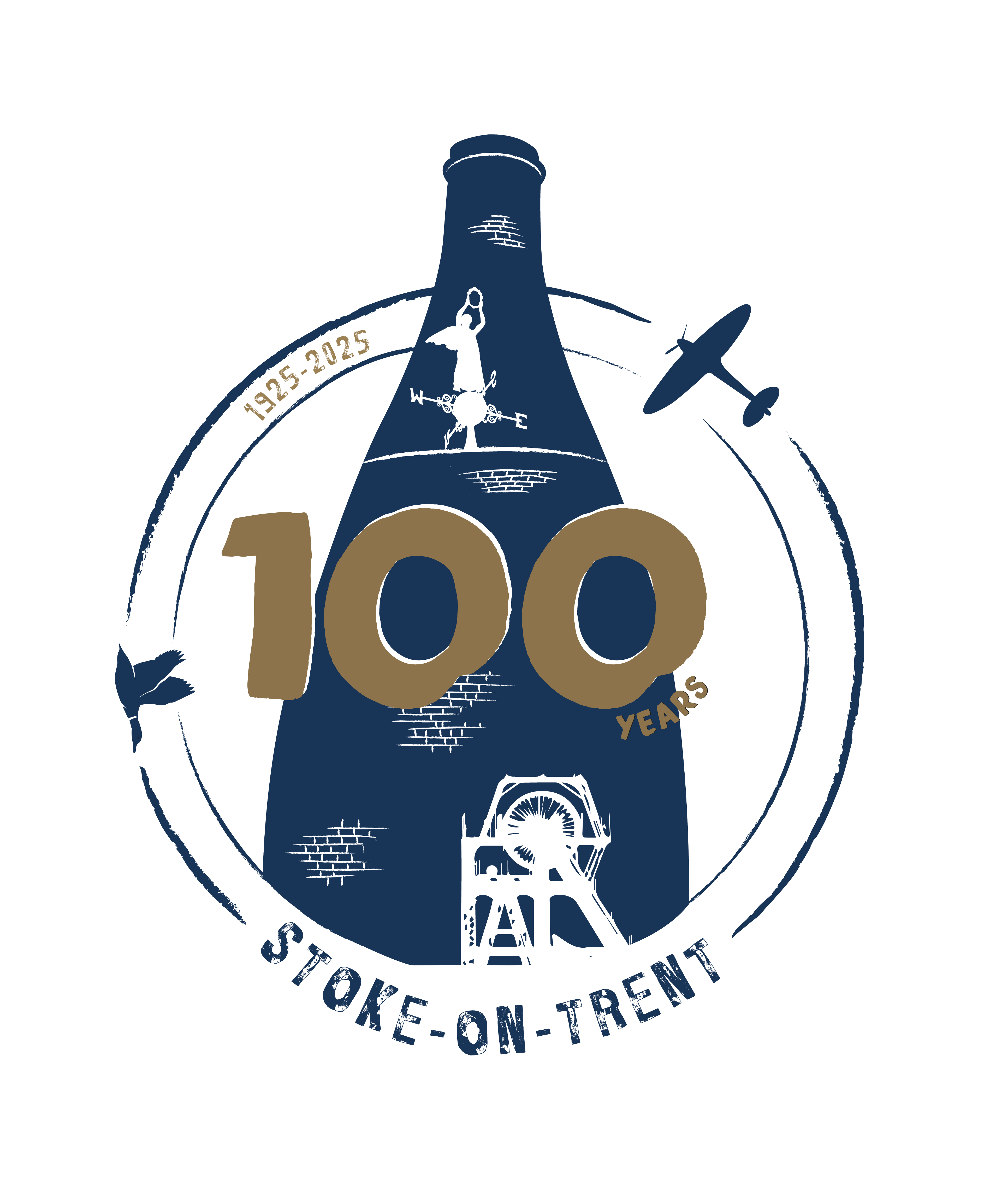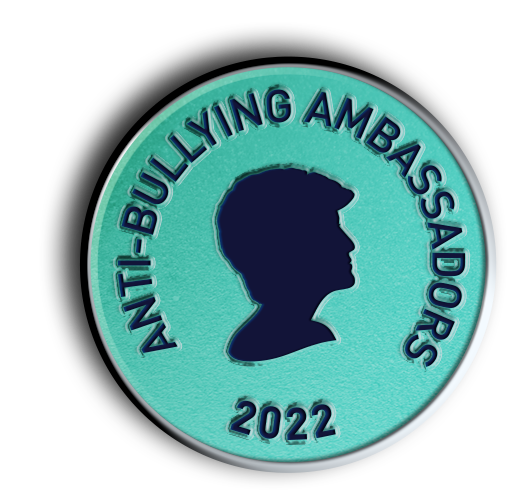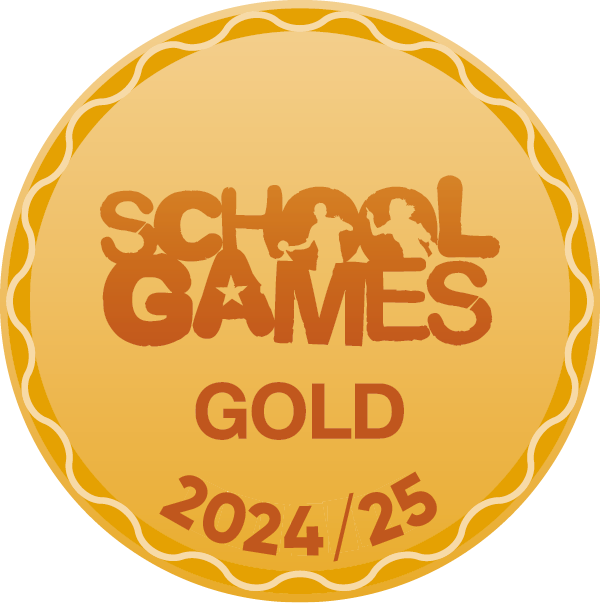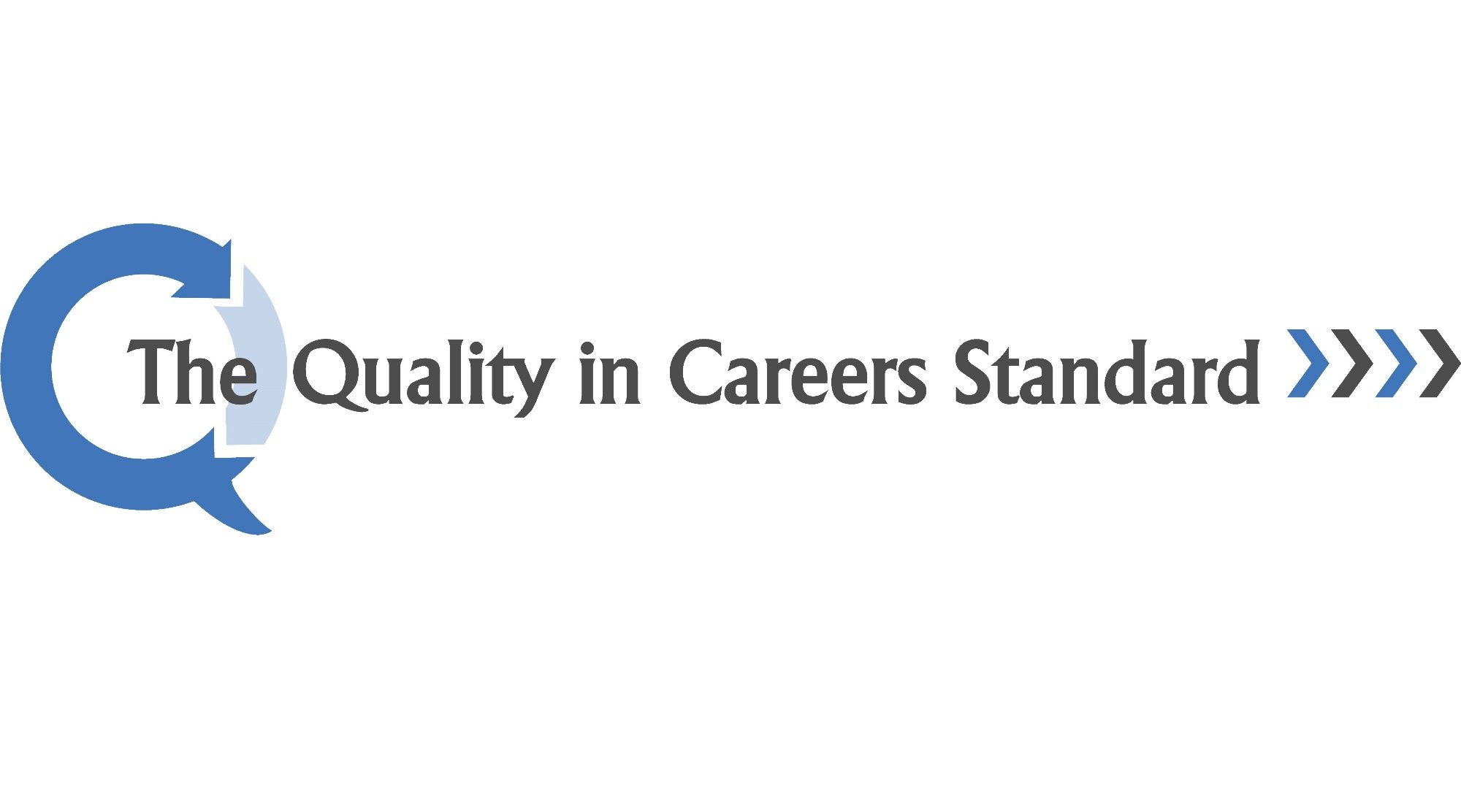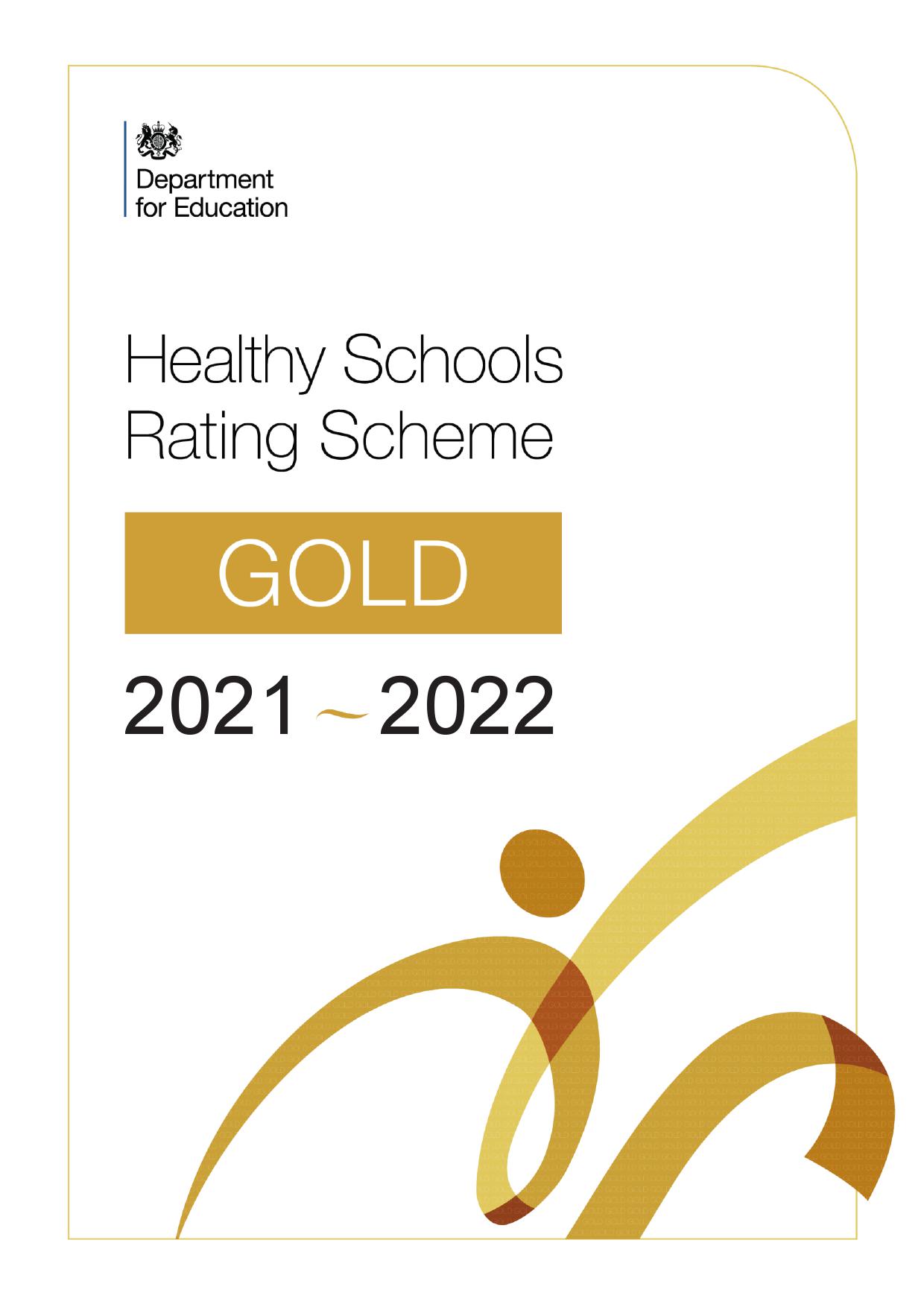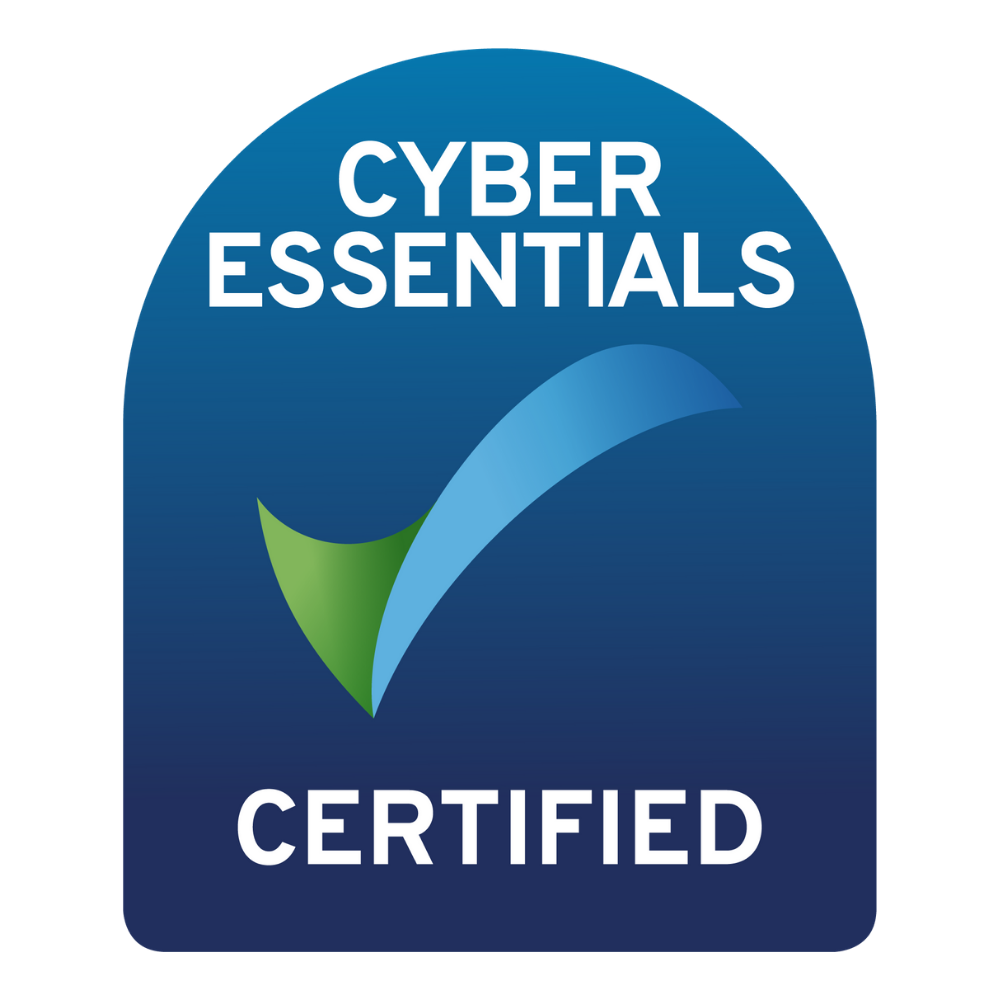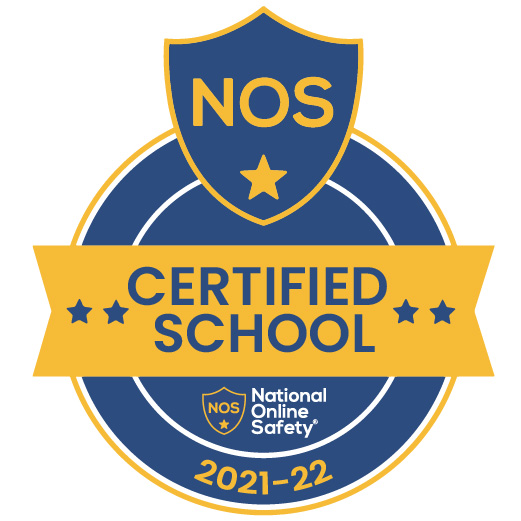History
History at OSSMA:
- Provides students with a broad range of historical knowledge and understanding, including a sense of chronological development over time, discovering their place in time and space, and an appreciation of the people, culture, events and attitudes of societies other than their own.
- Gives students power over their own knowledge allowing them to evaluate the significance and usefulness of a large body of material, including evidence from contemporary sources and interpretations of historians critically; encouraging curiosity, fascination and a drama of the past, learning the mistakes of the past and providing them with transferable skills for future life.
- Enables students to engage directly with questions and present independent opinions about them in arguments that are well-written, clearly expressed, coherently organized and effectively supported by relevant evidence through regular opportunities for guided and structured extended writing.
- Encourages students to come together as a community to commemorate key historical events, such as Remembrance Day, Holocaust Memorial Day and VE Day. This is equally important in shaping the citizens of the future by giving students an opportunity to consider why we commemorate certain events and what we can do to prevent future injustice.
What sets us apart:
We are incredibly proud of the curriculum we offer our students.
- It is a representative curriculum in which all students should feel that we are teaching their history, regardless of race, gender, ethnicity, class, or other factors. We aim to tell a realistic story of the past.
- We go beyond the National Curriculum, ensuring students have access to recent historical scholarship and encouraging students to broaden their horizons by using a virtual library to pinpoint key resources for further research. For example, when studying English medieval monarchs, they are encouraged to research Genghis Khan, who ruled the Mongol Empire. This challenges our students and gives them a contextual understanding of world history, enabling them to make links and comparisons.
- We also teach our curriculum through ‘big questions’ to help make sense of the story of the past. In each block, students work towards an extended piece of writing that allows them to synthesise the knowledge they have gained as they answer these ‘big questions’.
- We believe history should be experienced through visits and visitors. Every year we visit places linked to our curriculum, such as the slavery museum in Liverpool and the World War One Battlefields. We are currently adding new visits for next year.
